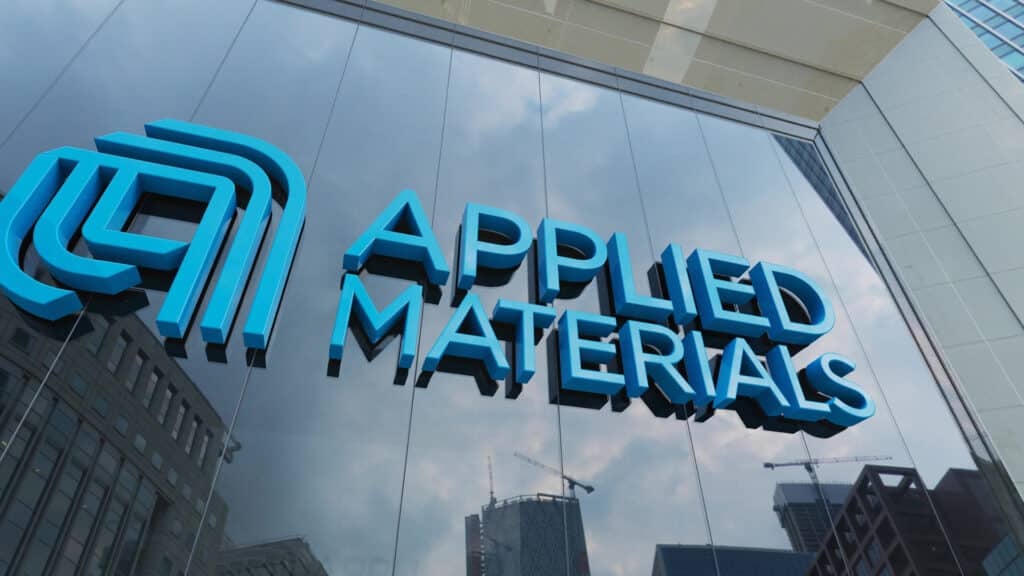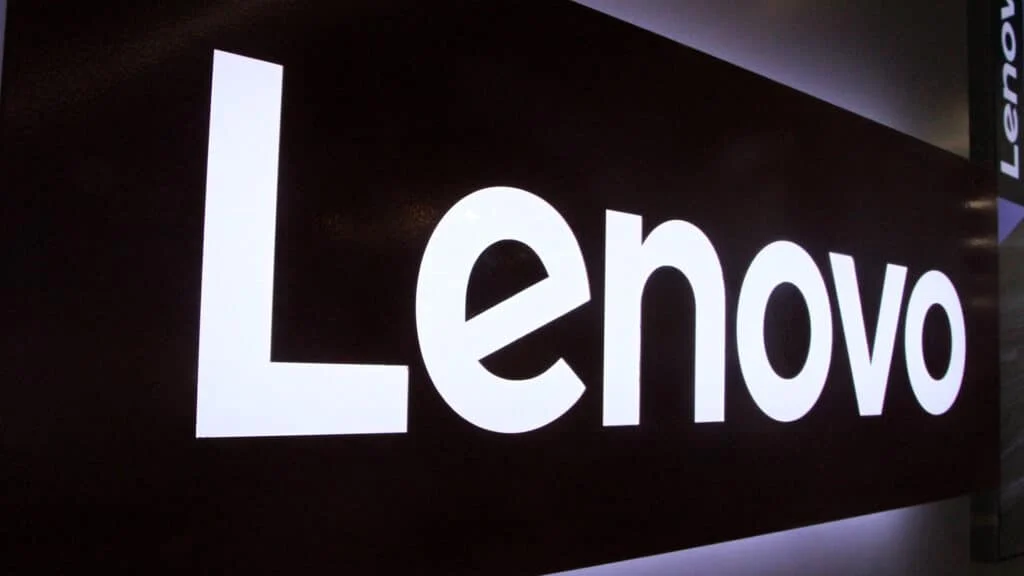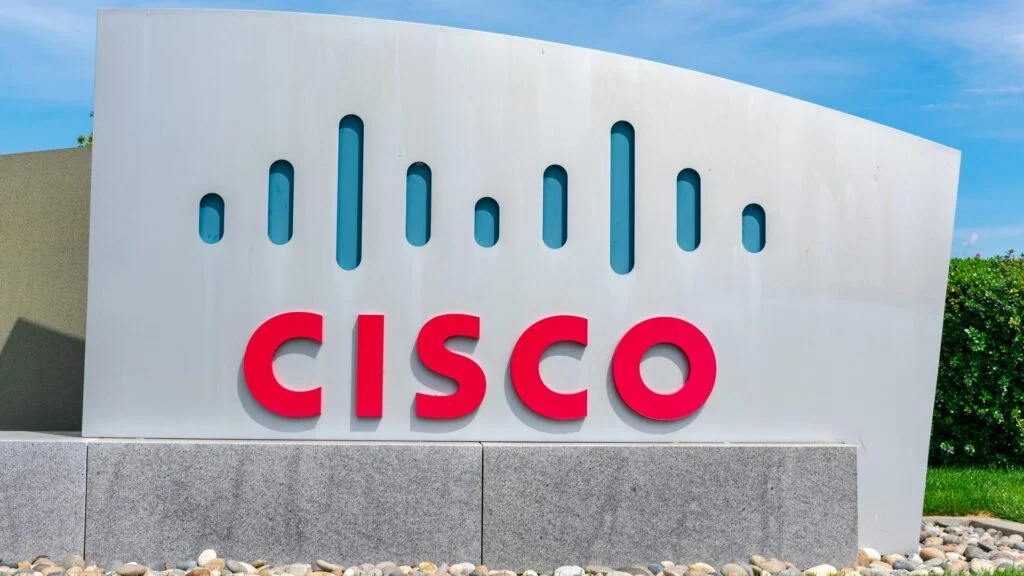The Six Five team discusses Broadcom Q4 FY23 Earnings.
If you are interested in watching the full episode you can check it out here.
Disclaimer: The Six Five Webcast is for information and entertainment purposes only. Over the course of this webcast, we may talk about companies that are publicly traded and we may even reference that fact and their equity share price, but please do not take anything that we say as a recommendation about what you should do with your investment dollars. We are not investment advisors and we ask that you do not treat us as such.
Transcript:
Daniel Newman: The first earnings report since the close of the deal for Hock Tan. You went on CNBC, you talked about this, you killed it, crushed it. What happened there?
Patrick Moorhead: They had an earnings beat. What’s interesting, I thought they met revenue, but people are talking about them missing.
Daniel Newman: It depends on the number. I saw a beat, like a small beat, but it was actually right above, so.
Patrick Moorhead: Exactly.
Daniel Newman: I don’t know what they’re talking about.
Patrick Moorhead: Exactly. I get on the show and it’s like, “And they miss.” It’s like, “No, they didn’t.” Anyways, that doesn’t mean anything. It’s kind of exactly what I had expected, with no surprises. Semiconductors, mid-digit growth, EBITDA. Let’s just jump into the forecast and what they talked about the future. $50 billion in revenue. I think the street was wanting 51. EBITDA of 30 billion. My take on that is, that’s incredible freaking numbers. It’s going to come after a lot of re-architecture spinning off the end-user computing group and carbon black, some layoffs, some consolidations. It’s the classic Broadcom play of letting the business unit run its business and then minimizing share services at the corporate layer.
It worked in semiconductors. Broadcom learned a lot with their two first software acquisitions. Anyways, and I think that they’re going to nail this one. I think they’re just being conservative. They’re focused on the right things with VMware, which is private and hybrid cloud. I’ll do a victory lap. I think a year ago I said that they were going to spin off the end-user computing group and anything that has to do with a PC. It’s not strategic. It was affirmed last night that those would be divested.
Daniel Newman: That’s it?
Patrick Moorhead: That’s it, baby.
Daniel Newman: I want to know how anybody could have a single complaint about a company that generates $30 billion of EBITDA and $50 billion of revenue.
Patrick Moorhead: No, I know. It’s incredible.
Daniel Newman: This company’s incredible. Pat, 60% EBITDA at 50 billion in revenue. I don’t know. You can question his approach, but it’s very hard to question those results. And so good earnings report, okay, look, single digit growth of VMware, it’s going to take a minute. I can tell you as someone that’s bought six companies in 12 months and trying to spin them up and grow them, that there’s always a bit of a… It’s a slingshot when you first acquire them and you get all your synergies. At first, sometimes you even go backwards. It’s like, why am I going backwards? Because there’s so much minutia you have to deal with when you acquire a company, and now do this at companies that are billions instead of millions of dollars and try to figure this out. People, products, go to market, distribution, relationships, all this stuff takes time to sort. That 8% or so that they’re forecasting will grow. I absolutely assure you, because he’s going to refocus it.
He’s going to focus it on the things that are important. He’s going to take all the focus away. By the way, Pat, I just thought it was kind of interesting, they’re going to move to Palo Alto. They say that Hock is shrewd with the dollar, but he knows a good thing when he sees it. He’s also told everybody to get back to work. He wants the big campus and he wants it full of people. And so I thought that was pretty cool. That is an amazing campus. I look forward to seeing it full of people, Pat. It was a ghost town. We went there a couple of different times. I was there. It was eerie. It was almost dystopian how empty this place was. He will have the place buzzing and humming with people. I think if the workplace is anything like our life, I don’t have a lot of sympathy for that.
We’ve been on the road every day of every week for the whole year. I think people that have great jobs working for really exciting companies should occasionally go back to the office.
Author Information
Daniel is the CEO of The Futurum Group. Living his life at the intersection of people and technology, Daniel works with the world’s largest technology brands exploring Digital Transformation and how it is influencing the enterprise.
From the leading edge of AI to global technology policy, Daniel makes the connections between business, people and tech that are required for companies to benefit most from their technology investments. Daniel is a top 5 globally ranked industry analyst and his ideas are regularly cited or shared in television appearances by CNBC, Bloomberg, Wall Street Journal and hundreds of other sites around the world.
A 7x Best-Selling Author including his most recent book “Human/Machine.” Daniel is also a Forbes and MarketWatch (Dow Jones) contributor.
An MBA and Former Graduate Adjunct Faculty, Daniel is an Austin Texas transplant after 40 years in Chicago. His speaking takes him around the world each year as he shares his vision of the role technology will play in our future.







